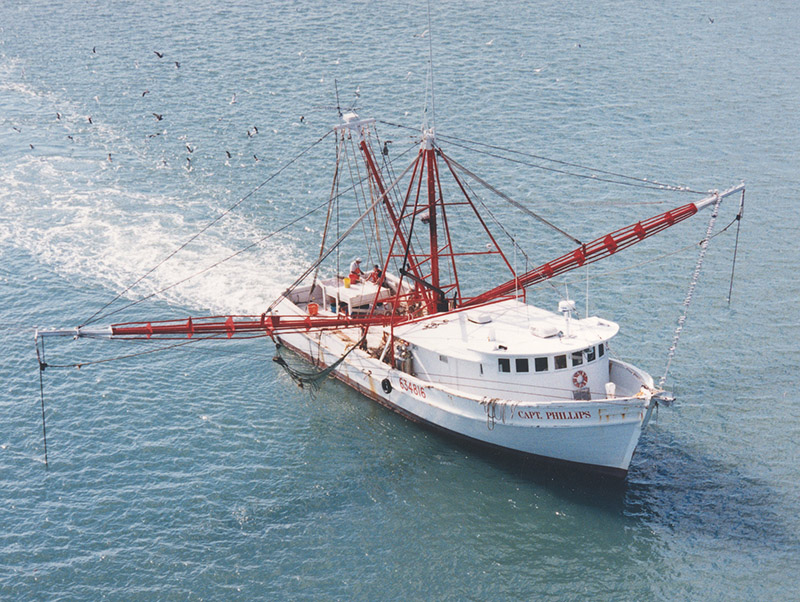North Carolina’s Marine Fisheries Commission is being charged with doing business behind closed doors.
The North Carolina Fisheries Association filed suit against the state commission on March 28, charging repeated violations of the state’s open meeting laws, with particular reference to the commission’s recent efforts to change the provisions of commercial licenses.

Jerry Schill, director of government relations for theNorth Carolina Fisheries Association.
“For 32 years, I have watched this commission thumb its nose at the law,” said Jerry Schill, director of government relations for the fisheries association. “This current commission is off the rails, giving NCFA no choice but to step up and do our due diligence.”
This is not the first time the commission has been cited for inappropriate conduct. The State Auditor’s Office made a similar finding two years ago, citing several email chains among commission members that their lawyer had to halt because members were discussing business outside of a public meeting.
“Open meeting violations by the Marine Fisheries Commission have been an ongoing problem that is well known to many in state government, including regulators and legislators. While many complain about it, nothing has been done to stop it. Anyone that believes in an open and transparent process should applaud the action we’ve taken. It’s sad that we have to resort to such measures,” said Glenn Skinner, executive director of the fisheries association.
The association alleges that on April 27, 2017, Philip Reynolds, the commission’s legal counsel, received a report of “an occurrence taking place the previous day during a meeting of the NCMFC’s Funding Committee.”
It was at this meeting that the commission recommended the General Assembly approve a set of changes to commercial fishing license eligibility requirements, including requiring license holders to demonstrate minimum levels of participation in a given fishery via landings reports or trip tickets.
Reynolds allegedly warned the committee members about violating the open meetings law through the use of email “to hold electronic meetings to build consensus or conduct other business.”
The association alleges the commission’s action to change the provisions of a commercial license was arranged by commissioners prior to the motion being made and discussed in the public meeting “that willfully and purposefully evaded the adherence to the spirit of the Open Meetings Law.”
The 5-4 vote came after overwhelming opposition to any changes and with all three commercial fishermen commissioners voting against the measure.
“There is more to this (lawsuit) than wanting a decision in our favor,” said Schill. “This is about shedding light on a regulatory agency that is so unfair.”







